Plastic bearings are essential for experimental race motorcycle
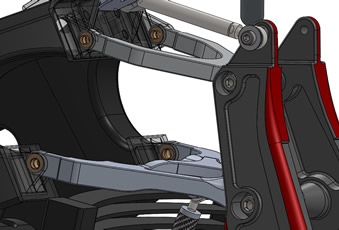
The world’s first 600cc production four-stroke motorcycle was introduced back in 1999, the Yamaha YZF-R6 which produced over 100 horsepower in stock form. Since then, Yamaha has incorporated a number of upgrades to improve speed and engine performance. The R6 engine has also been used in the nationwide Formula Student race series, where university students design and build single seat racing cars that are then raced at the iconic Silverstone circuit.
Aymen Alshawi, a 22-year old who has a master’s degree in mechanical engineering, is now working as an inspection engineer for ExxonMobil. He previously participated in Formula Student, and wrote his degree dissertation on suspension systems for racing cars. From that, he designed a version of a virtual differential based on the slip angles of tyres. Aymen became interested in motorcycle racing and researched how others had developed significant modifications for their motorcycles, including British inventor Norman Hossack, whose ‘funny front-end’ design was a significant deviation of the traditional front fork and suspension system.
In May 2015, Aymen purchased a 12-year old Yamaha R6 track-bike and embarked on an ambitious project to design and build a new front-end for it. His plan was to use a double wishbone that would move in a vertical plane, allowing the wheelbase and geometry to remain constant for better feedback and grip. Aymen did not let the fact that he only had a licence for 125cc bikes deter him.
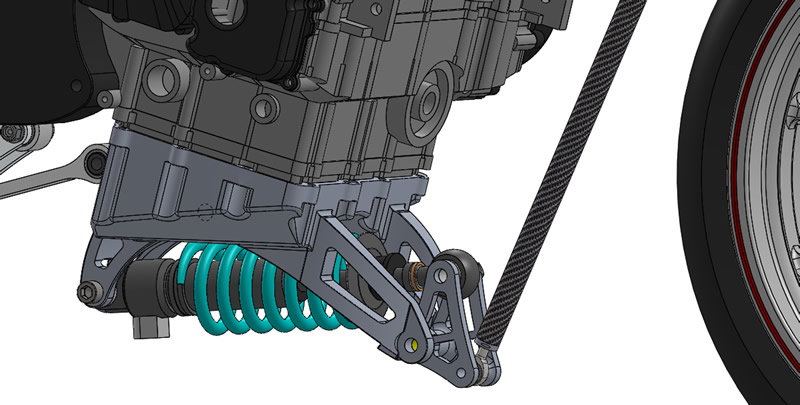
Aided by the university’s computer and engineering programs including CAD, Finite Element Analysis (FEA) and front end design software, Aymen worked evenings designing and performing test simulations. Parts were then created in thermoplastic to ensure they fitted together, before milling took place. A number of bearings were needed for both the fork wishbones and the bell crank pivots, but the traditional metal bearings in the rod end introduced unwanted axial play. Working with igus he then purchased plastic plain bearings from the iglidur series, as they are more resistant to edge type loads and axial play. In all, three iglidur J type flange bearings were used.
“In addition to lowering axial play, the other reasons I chose these bearings were for their light weight, being simpler to use and they came at a lower cost than the metal bearings used in the previous version,” said Alshawi.
The igus iglidur J plastic bearings combine high wear resistance and excellent coefficients of friction. They boast extreme dimensional stability, even in moisture-exposed applications. In addition, they are 100% self-lubricating, maintenance-free, corrosion-free and wear-resistant in dusty and dirty environments.
Aymen has ridden the motorcycle at speeds of 140mph on a test track, but the project is still in progress. The suspension system was mostly finished in December 2016, and he has an estimated date for final completion by the summer of 2017.
Similar articles
More from igus UK Limited
- From garage business to world leader: igus founders celebrate 90th birthday 22nd June 2021
- VOTW - Metal out plastic in! 10th June 2021
- igus robot works alongside agri-tech startup 18th May 2021
- Tribo-polymers increase machine service life and efficiency 10th May 2021

-(1)ed.jpg)
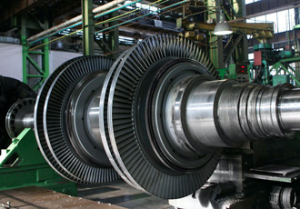
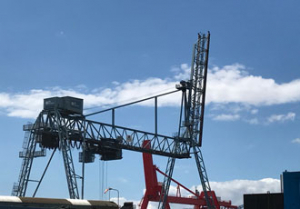
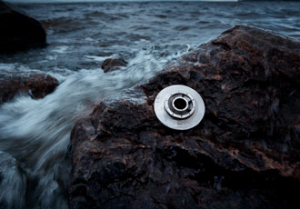







Write a comment
No comments